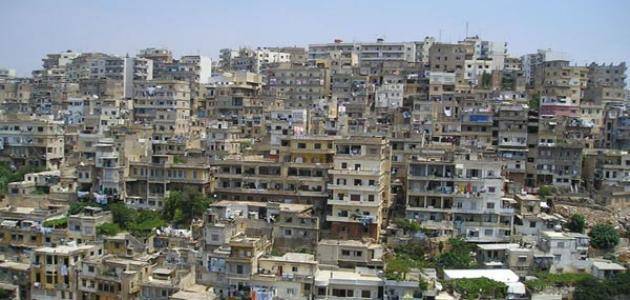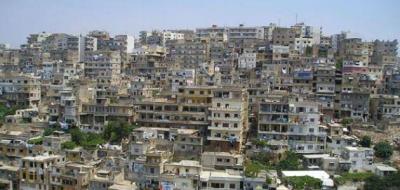Under the title "Lebanese Parliament Approves $556 Million for Cash Support Cards for 500,000 Families," Bloomberg Al-Sharq reported that the Lebanese House of Representatives approved, during its session on Wednesday, the draft law for the support card, allocating $556 million for it. House Speaker Nabih Berri stated during the discussion of the law that the parliament is obligated to discuss and approve the support card project, noting that the council is aware of the intention of the caretaker government to take actions within its powers and present them. He added that the government will bear the responsibility for distributing the burdens, financing the card, its mechanisms, and the method of repayment, not the parliament according to the protocols.
Regarding the funding sources for the cash support plan for citizens through the support card, a source from the Ministry of Finance revealed in exclusive statements to Al-Sharq that the World Bank is prepared to transfer the budget allocated for the "most vulnerable" project, amounting to $246 million, to finance the support card project. According to the source, the World Bank has also expressed readiness for additional financing of $300 million for the project under conditions to be presented to the government. In this context, the Governor of the Central Bank of Lebanon has expressed readiness to provide $210 million to support the project, without clarifying the financing mechanism according to the source.
The Ministries of Social Affairs and Defense are compiling lists of families benefiting from the project, estimated at around 500,000 families, under the oversight of the World Bank.
**Support Rationalization Program**
Berri read a commitment from caretaker Prime Minister Hassan Diab to implement the support rationalization program and the support card according to the powers of the caretaker government. He quoted Diab as stating, "If the support card is approved, and once it comes into effect, the government commits to implementing the support rationalization program, which relies on the approval of the joint parliamentary committees, with an average support card value of $93.3, and a maximum of $126. If the value of the card is amended by the General Assembly of the House of Representatives, it will reflect on the rationalization percentage."
**$900 Million from the International Monetary Fund**
Regarding the funding of the card, President Berri mentioned that the International Monetary Fund generally decided, concerning countries with guarantees in the fund, to return them to their owners, and spoke about a probable agreement for Lebanon to receive $900 million from the IMF for the account of the Central Bank on September 23.
During the session, Ibrahim Kanaan, the head of the Finance and Budget Committee and a deputy of the Strong Lebanon Bloc (National Free Current), considered that the $900 million from approved but unexecuted loans from the World Bank would be at risk of cancellation if not implemented. Kanaan called on the government to officially initiate the process of replacing several World Bank loans that were approved by the parliament but not executed, to fund support rationalization and the support card, instead of using the mandatory reserves.
For his part, the deputy from the Hezbollah bloc, Hassan Fadlallah, demanded that the $900 million provided by the IMF not be handled without law from the House of Representatives. Meanwhile, Tony Franjieh, a deputy from the Marada Movement, proposed forming a subcommittee from this session to develop a comprehensive plan within a week for support rationalization and the support card.




